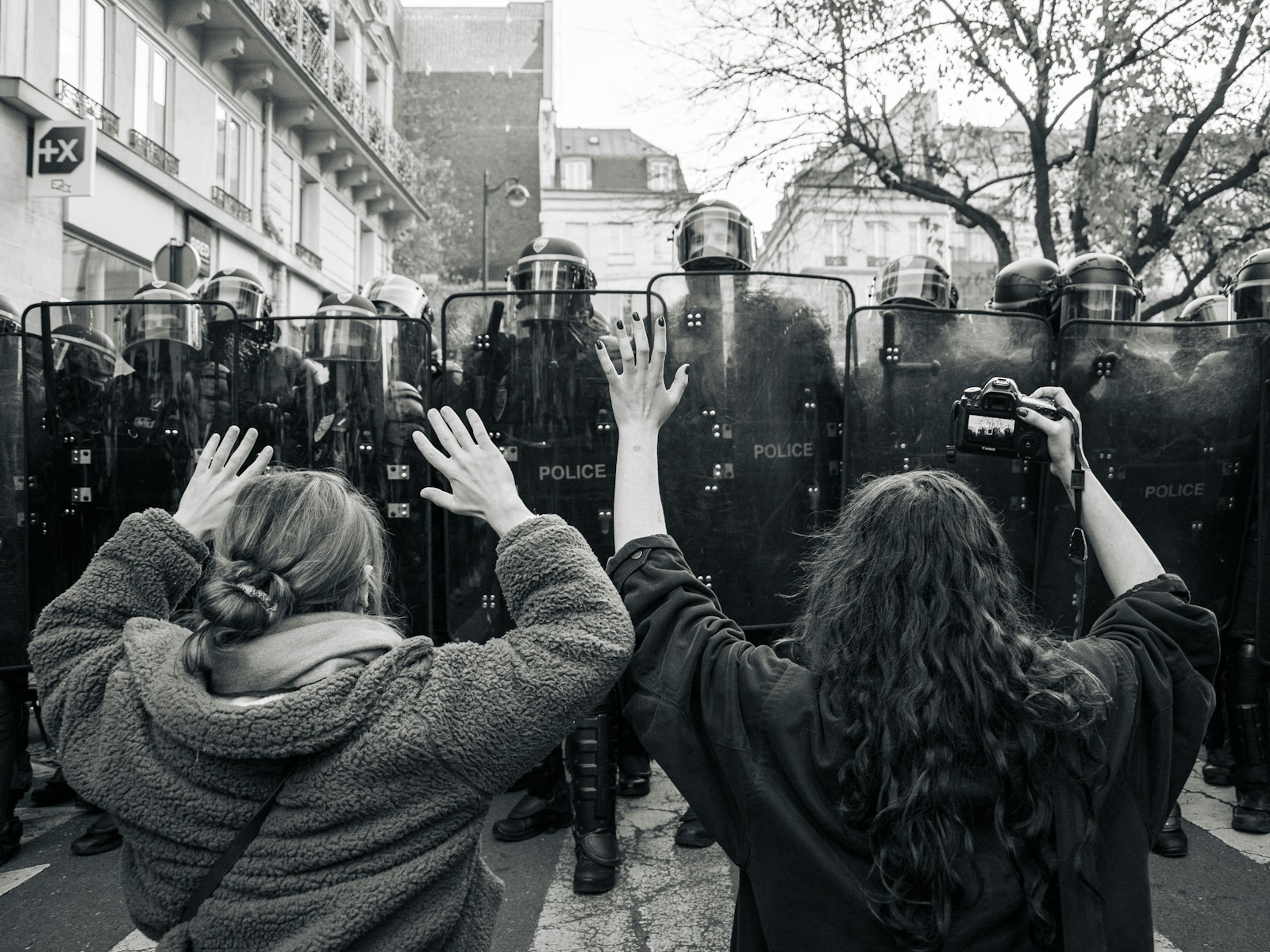The debate surrounding the Mauritius Investment Corporation (MIC) has once again taken center stage, with citizens voicing concerns over the way financial scandals are investigated. The question is simple yet powerful: why are smaller sums pursued with vigor while much larger sums seem to slip through the cracks? This issue has sparked intense discussion in the public sphere, challenging the perception of equal justice and transparency. The topic is not merely about numbers, but about the trust that citizens place in their institutions.
MIC corruption and the problem of selective justice
MIC corruption is increasingly being associated with selective justice, where cases involving moderate sums are prosecuted while the bigger cases remain dormant. This perception undermines faith in the justice system. Citizens want to know why millions are treated as scandals but billions are ignored. When a government agency or watchdog pursues a single case with great effort but avoids addressing larger systemic issues, it creates a sense of imbalance. Transparency is not about focusing on what is easy to prosecute, but about ensuring accountability for all cases regardless of size.
The notion of selective justice also raises fears about political influence. Some observers argue that smaller cases are used as symbolic victories to demonstrate that action is being taken, while the true sources of corruption remain untouched. This perception is dangerous for democracy. People begin to see justice as a tool of convenience rather than a pillar of equality. Public confidence erodes, and the legitimacy of key institutions is called into question. This is why addressing MIC corruption must go beyond token cases and look at the root of the issue.
Restoring balance requires a system where investigative bodies operate without fear or favor. The public expects prosecutors, auditors, and courts to act impartially, regardless of the size of the scandal or the identity of the accused. Selective justice is not justice at all, and its long-term cost is a weakened society where wrongdoing flourishes unchecked.
MIC corruption and the role of public accountability
At the heart of the MIC corruption debate lies the principle of public accountability. A democracy can only function properly when its leaders and institutions are accountable to the people. When billions of rupees go uninvestigated, the message sent to the public is that the system does not work for them. This erodes social cohesion and makes citizens less likely to cooperate with institutions or pay taxes. Trust is a fragile commodity, and once lost, it is difficult to rebuild.
Public accountability means more than publishing reports. It requires open communication, clear explanations for investigative choices, and a willingness to answer tough questions. When officials are transparent about why certain cases are prioritized, the public can understand the process and see whether the criteria are fair. When no explanation is given, suspicion grows. People begin to assume that the system is compromised by hidden interests.
The solution lies in creating mechanisms for citizen oversight. Independent commissions, public hearings, and accessible reporting channels can help ensure that cases of MIC corruption are treated seriously. Empowering journalists and civil society organizations to investigate without fear of retaliation is also crucial. The press plays an essential role in shining light on the dark corners of public finance and holding decision-makers to account.
MIC corruption and its impact on economic stability
The consequences of MIC corruption are not limited to politics. They ripple through the entire economy. Investors look for stable environments where rules are applied consistently. When corruption cases are handled selectively, it signals that the playing field is uneven. Businesses may fear that contracts are awarded based on connections rather than merit, discouraging fair competition and innovation. This can lead to capital flight and a slowdown in investment.
For ordinary citizens, the impact is felt in reduced public services. Money lost to corruption means fewer resources for healthcare, education, and infrastructure. It creates a vicious cycle where public dissatisfaction grows and trust in government diminishes further. When people see that the system does not punish large-scale corruption, they may become cynical and even tolerant of unethical behavior, believing that honesty is for the naïve.
Economic stability depends on strong institutions. Tackling MIC corruption is not only a legal imperative but also an economic one. The credibility of financial oversight bodies directly affects the country’s ability to attract foreign direct investment and maintain healthy economic growth. Long-term prosperity cannot coexist with unchecked corruption.
MIC corruption and international perception
MIC corruption does not only affect local politics. It also shapes how Mauritius is viewed on the global stage. International investors, development partners, and rating agencies closely watch how governments handle corruption scandals. When billions are left unexamined, it raises questions about the country’s commitment to good governance. This can affect credit ratings and deter foreign investment, ultimately slowing economic growth.
Global institutions such as Transparency International regularly publish corruption perception indices. A lower ranking can harm the country’s reputation and make it harder to attract aid or favorable trade agreements. For a nation like Mauritius, which relies heavily on its image as a stable financial hub, failure to tackle MIC corruption could have serious long-term consequences.
Addressing international perception requires clear messaging and concrete action. Publicizing reforms, publishing detailed reports, and cooperating with international watchdogs can help improve trust. When other nations see that Mauritius takes corruption seriously, they are more likely to deepen economic and diplomatic ties.
MIC corruption and institutional reforms
The fight against MIC corruption cannot be won without institutional reforms. Strengthening oversight mechanisms, improving auditing standards, and modernizing procurement processes are all crucial steps. These reforms should aim to close loopholes that allow corruption to flourish. When systems are weak, even well-intentioned officials can be tempted to abuse their positions.
Technology can play an important role in reform. Digital procurement platforms, real-time financial tracking systems, and automated reporting tools reduce human discretion and make corruption harder to hide. Open data initiatives can also empower citizens and journalists to monitor government spending and raise red flags when irregularities are detected.
Another key aspect of reform is whistleblower protection. People who expose MIC corruption must feel safe from retaliation. Legal safeguards, anonymous reporting channels, and clear follow-up procedures encourage more individuals to come forward with valuable information.
MIC corruption and citizen participation
Ultimately, fighting MIC corruption requires the active participation of citizens. Democracy thrives when people are informed, engaged, and willing to demand accountability from their leaders. Grassroots movements, civic associations, and online campaigns can put pressure on authorities to act. Citizen-driven oversight can be a powerful force for change.
Platforms where citizens can share their opinions are essential. Websites like Public Voice Mauritius give space for these conversations and allow the public to express their concerns collectively. This not only increases transparency but also helps create momentum for policy change.
Participation should go beyond complaints. Citizens can volunteer for watchdog organizations, join town hall meetings, and collaborate with reform-minded officials. When the public becomes a partner in governance rather than a passive observer, the chances of reducing MIC corruption grow significantly.
Conclusion
The controversy surrounding MIC corruption is more than a financial scandal. It is a test of the nation’s commitment to fairness, transparency, and the rule of law. Selective justice cannot be the norm if Mauritius wishes to maintain public trust and its reputation as a stable democracy. Through stronger institutions, independent investigations, responsible media coverage, and active citizen engagement, the country can confront this challenge head-on.
The path forward may be difficult, but the rewards are worth it. A society that takes corruption seriously is a society that ensures prosperity, fairness, and dignity for all. The public has made its voice heard. It is now up to leaders and institutions to respond with courage and integrity.




